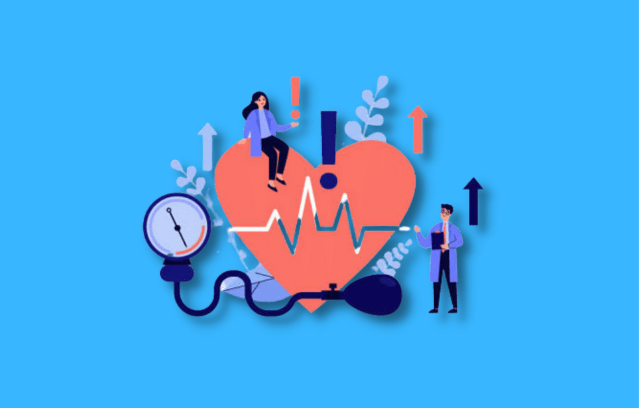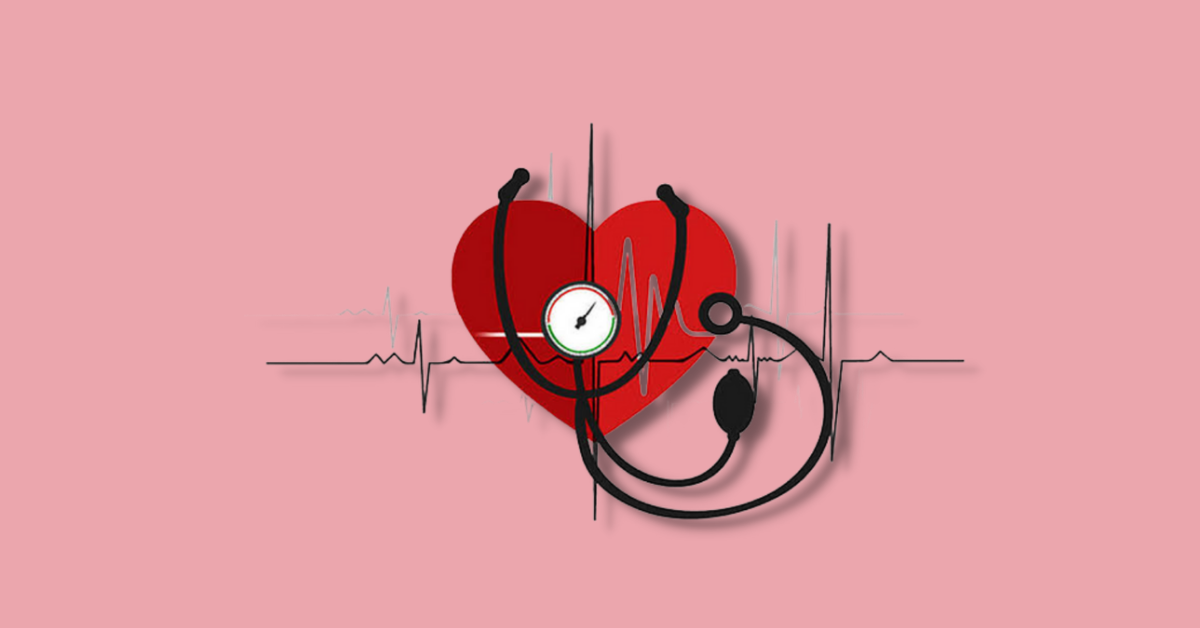
Hypertension is a common cardiovascular disease affecting the worldwide. Hypertension means persistent high blood pressure. It has many adverse effects on our bodies. Hypertension affects every visceral organ and thus needs immediate action. Hypertension can be a cause of some underlying disorder or it could be a simple lifestyle disorder. It’s important to keep a check on blood pressure on a regular basis.
What is Hypertension?
Hypertension is classified on the basis of the cause and blood pressure values. Various guidelines are available for hypertension, American Heart Association Guidelines. Systolic blood pressure less than 120 mm of Hg and diastolic pressure less than 80 mm of Hg is considered to be normal BP. The risk is undertaken to determine the target BP to be achieved following initiation of treatment with hypertensive drugs.
There are majorly five groups of drugs that are used to treat hypertension. The emergency drugs are different from hypertension urgency drugs, there is no end organ damage.
The major cause of the problem is the lifestyle of people. Bad lifestyle choices lead to hypertension. Lifestyle-based hypertension is the most common one. Obesity, lack of physical activity, smoking, and drinking are risk factors.
Management of hypertension and early prevention is essential. Hypertension is a silent killer because this can lead to further complications.
Gestational hypertension or hypertension during pregnancy can have adverse effects on the baby as well as the mother-to-be. Hypertension if not taken seriously can hamper your health, so if you are too busy, book an online consultation with your general physician!
Types of Hypertension
There are two major types of hypertension: primary or essential hypertension and secondary hypertension.
Primary hypertension
It is caused indirectly that means, it is caused by general risk factors of hypertension. This includes smoking, hyperlipidemia, diabetes and obesity.
Secondary hypertension
It is caused by direct means like kidney disease. Suppose a patient has kidney dysfunction is likely to have hypertension because there will be more fluid in the body and this will increase the pressure on the walls. Aortic coarctation is like the pinching of vessels. This will increase the pressure and will lead to hypertension.
Now the question is, which is the most common type?
Most of hypertension patients will say that they belong to the primary hypertension group which means that they have a bad lifestyle. So take a walk and read the article ahead to know the management of hypertension. Other special types of hypertension are resistant and malignant hypertension. Resistant hypertension occurs when any drug prescribed by the general physician fails to lower your blood pressure. This is more common in diabetic patients, kidney dysfunction or any other underlying disease. Malignant hypertension is less common and it occurs in only 1% of the population. This is a medical emergency condition and is treated only in hospital.
Risk factors of Hypertension
Risk factors of hypertension or high blood pressure are:
Age
The older you get, you are more prone to hypertension. Most people around 65 are at high risk of hypertension and most of them will have high blood pressure.
Family History
If hypertension runs in your family, you might get it too.
Overweight
If your BMI is not normal then hypertension can occur to you. There is a simple physiology about it. The more you weigh the more oxygenated blood your body needs. This will lead to high blood pressure in your blood walls.
No physical activity
Lack of physical activity makes you weigh more. Your heart has to work harder to pump blood to the whole body, no physical activity will lead to hypertension.
Excess of salt
Our body contains a lot of fluids and increasing the salt intake will lead to its accumulation. This will lead to hypertension as the fluids will put more pressure on the walls, causing high blood pressure.
Alcohol
This can affect your heart in a longer run, this will lead to hypertension and other cardiovascular problems. Consult your internal medicine doctor or a general physician for the amount of alcohol that is safe for you.
Stress
Don’t forget to measure your blood pressure when you are stressed. Yes, high blood pressure is what you can notice. In today’s time stress is a major cause of hypertension especially in younger age groups.
Other factors
Underlying diseases like diabetes, renal failure or cardiovascular diseases can lead to hypertension. Consult a general practitioner for the same.
Hypertension during Pregnancy
High blood pressure is a serious condition for mom-to-be as this can be fatal for mothers as well as their baby. This is a very common pregnancy disorder, almost 7-8% of pregnant women suffer from high blood pressure. The outcome of hypertension in pregnancy is stillbirth, premature delivery etc. So it is important to understand hypertension during pregnancy. According to medical science, week 20 is an important landmark to classify high blood pressure during pregnancy into chronic hypertension that is before the 20th week and gestational hypertension or preeclampsia after it. Preeclampsia and gestational hypertension are different from each other, although they both mean increase in blood pressure but gestational hypertension do not show systemic symptoms whereas the previous shows symptoms.
A very common question that is asked by the mother-to-be is will it affect my baby and how can I prevent it?
The answer to this question lies in how much are your blood pressure numbers,
higher the blood pressure higher is the risk of abnormalities. New research came in Alberta Health that can identify the risk factors of preeclampsia for the new mommies. Through this, the general practitioner can tell whether you are prone to hypertension during pregnancy or not.
Prevention is the key! Just focus on your lifestyle like cutting salt, good amount of exercise, healthy eating, no smoking and alcohol. Follow the advice of your general physician or a gynaecologist and your baby will be fine.
Hypertension diagnosis
Consult a general practitioner or internal medicine doctor. The practitioner will start asking you about the chief complaint, family history followed by physical examination.
The diagnosis is made according to your blood pressure number keeping in mind the normal value that is 120/80.
Mild increase of the numbers ranging from 130-139 and diastolic to 80-89 can be controlled by antihypertensive drugs.
Prehypertension can lead to severe conditions. The levels are not beyond a rise of 10-15 mm of Hg but this could be an indication of severe hypertension. This is a medical emergency. Immediately visit emergency medicine.
Measure your blood pressure at home!
Today is a world of technology and one can easily measure sugar levels, blood pressure etc by just sitting at home. Make sure to use the right monitoring machines and you don’t need a prescription for that! Just follow the right steps as suggested by your general practitioner.
Management: Start it Early
In a conversation with heart survivors, they
advised all patients of hypertension to know their blood pressure numbers. This can save your life! Just change your lifestyle and the way you eat.
Exercise and blood pressure are related in the most unique way. The normal blood pressure is 120/80 other than this value it is considered to be high blood pressure. It is proven that changes in diet can reduce 11.5 mercury marks, which is even more than any antihypertensive agent.
Dietary approaches stop hypertension.
Imagine a plate of food which should contain 5 fruits and 5 vegetables. Seven whole grains and 2 dairy products. You can include meat but not more than 2 serving a day. There is a lot of stress on fruit and vegetables which is actually important for hypertension.
So include more physical activity and shift your diet to more fruits and vegetables. This can reduce the risk of hypertension.
